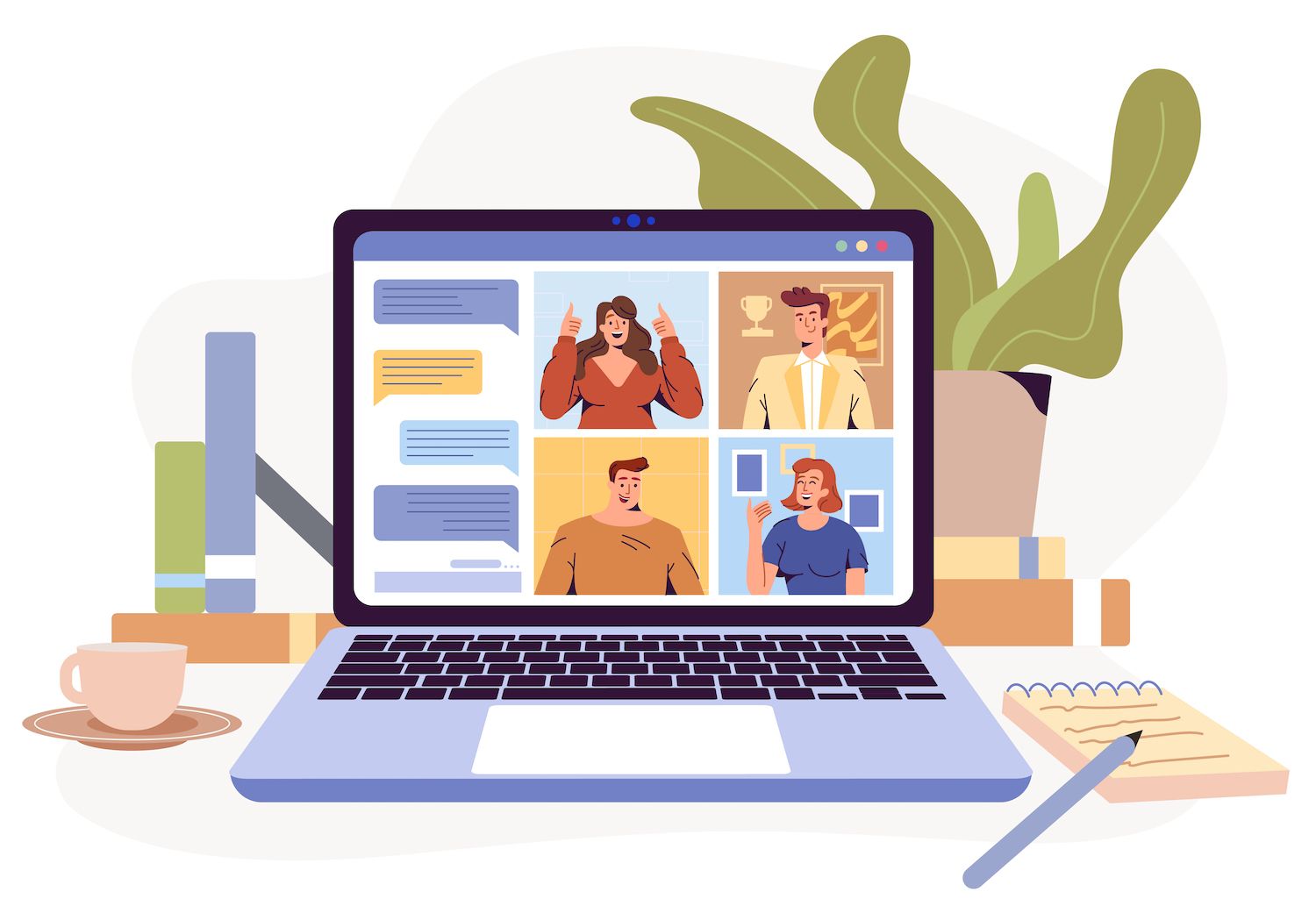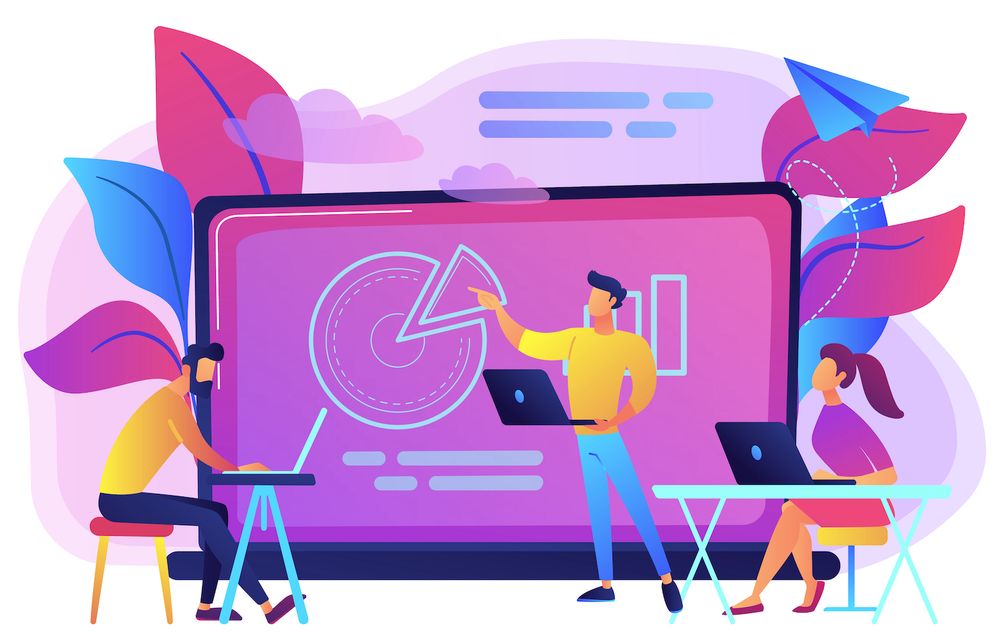calendar
The R2vgOULNXVhGzUq5YeQ Cherie Hu from Water and Music discusses Web3 at Consensys 2022.
Water and Music, the newsletter as well as the research DAO (decentralized autonomous group) building the innovator's guide to the business of music, was established to encourage conversations among people working in the field of music technology. The company is now taking it one step further by actively engaging the industry hive of minds to develop research-based projects, and reward the people involved.
"My main reason behind this club is to help people to better understand the world, as well as understanding their own place within the global community," begins Cherie Hu who is the founder of Water and Music. Her goal is to aid people to get the best possible education so that they are able to make the greatest impact on their industry. One of Cherie's key mantras, especially in the context of reporting for business, has always written in a way that is actionable. "At the conclusion of every article, you'll get an idea of what to do within your field or ways to be better at what you do. Closing that loop between what people in the community need, and what we write about, is vital," Cherie explains.
Nowadays the Water and Music team has expanded to conduct regular research sprints' of about 10 weeks, where they pick a subject in order to collect as much knowledge as possible for their customers. For these research sprints, after they've decided on a topic the team will go out and speak to people in the Water and Music community: "We ask, 'What are your concerns right now?', and then crowdsource those responses. Then the structure of our report is derived directly from these needs," she tells me.
As is the norm, Water and Music research sprints are extremely collaborative and team-based. "It's an open-ended ideation process and we recruit a number of individuals to assist with the editing research," Cherie says. So far this Water and Music community has released two reports in this group model. To keep up with trends, they sold NFTs in retroactive fashion, which meant that, if anyone were interested in supporting their research they were able to, and those revenues were split evenly among the participants. "It's evident to me that the result of the research was far superior than if a single person attempted to study every aspect. The work would never be complete!" she smiles. "It's convinced me of the power of not just creating connections, but more importantly, combining knowledge."
Taking the power back
"It's more of an academic term, but I think it's really applicable to Water and Music: we're in a group of practitioners," Cherie continues. "The term was introduced in the year 1991 by cognitive sociologist Jean Lave and educational theorist Etienne Wenger] and it represents a group of people that don't just have a shared interest in the same subject, but are also gathered for the sole purpose of finding out how to make something better."
The author explains that this could be the case for people working who are in the same industry or with similar positions across sectors. People who communicate frequently and also exchange information. Water and Music will contribute to this by producing media and building tools as well as facilitating peer-to-peer learning: "That'll be a really important part of our future, breaking down the data silos within the music industry and encouraging the public to be more collaborative," Cherie adds.
There's an element of 'taking control back' with this. Cherie hopes to assure musicians that they are more in power than what it appears: "Certainly, in the world of streaming, there's increasing consolidations that are dominated by Spotify along with other tech giant businesses. The rates for royalties are decreasing and it's all going downhill! -- so we're giving artists the ability to comprehend the variety of choices. The artists we train and others around them with the ability to be more innovative."

The Water and Music team
Cheire explains that the term 'community of practise' originally referred to professional communities but it is also applicable to communities of creativity, such as here. For Water and Music the exact focus is the music industry, and that comes down to the personal motivation. "I'm inspired by my work because I grew up playing piano. I spent much of my time around classical musicians and I enjoy interacting with all artists and hearing their perspectives regarding where technology is headed," Cherie continues. "Hopefully, whatever knowledge we impart helps artists and their teams understand tech better, to enable them to make cool art!"
Through the rabbit hole
The latest study has focused on the chaos of Web3, the conceptual next version of the web based using blockchain technology. "We're trying to understand what's the State of the Union for the latest trends in technology in music, especially the ones that have a lot of noise," she explains. "Web3 is an excellent example, because there's so much confusion and no one knows exactly how it's all happening. This is the biggest tunnel and it continues to go down. And it's like, 'What's going on ?'!"
In the music industry, unsurprisingly, among the most pressing issues is the fan's opinion. "I believe that's factor that explains why lots of musicians aren't doing NFTs currently: out of fear of negative reactions from their supporters," she muses. "We have released a report about concerns around Web3. Of course, in the world of music, there are many concerns around licensing as well as Intellectual property (IP) as well as NFTs. That was a whole chapter!"
The tlg9Yi9H8w9qUpATyR6 the Water and Music meetup at the NFT.NYC event
The next collaborative report within the community is already in progress. "We're researching even more nebulous subjects right now, like the metaverse, however that's defined!" Cherie jokes. "We're not building anything right now; we're trying to determine the opinions of people about it, as well as what the people have a hard time understanding." The report includes interviews with artists, entrepreneurs, and professionals from the industry about how they define the metaverse and what they're trying to accomplish in it, in addition to what's becoming challenging.
Cherie mentions that the goal is to integrate this study with building online tools to tackle these issues. "We have done this in the past with a few Web3 topics already, such as secondary sales of music through NFTs as well as shares of royalties. A few smart contracts say that 10 to 20% of the secondary sales will go to the original creator and many users are communicating this as an advantage. But I think the reality is that the vast majority of NFT's don't generate a secondary sale," Cherie explains. She says that she believes that the value lies due to the immediate relationship and connection that the NFT represents, not in an opportunity to continue selling after.
Along with the report, Water and Music will be creating a dashboard for tracking where users can input an NFT collection and see the extent to which there has been additional sales, and if yes what the NFT is performing in the marketplace. "We would like to create interactive tools that function as interactive data journalism especially for musicians, since they are probably those who think the most about publishing or pricing NFT drops. We're creating essential frameworks and tools to aid people to do this work themselves."
Conflicting visions
Cherie observes that certain terms that are new and exciting become more complicated rather than clearer with time "For the metaverse, for instance, there's a massive difference in how the metaverse has historically and conceptually defined earlier in the '60s." Cherie explains how the Water and Music team is creating a framework to understand how the metaverse was defined in the past and the gap between expectations and reality.
"The first sci-fi books which mentioned the metaverse contained the vision of an connected virtual and IRL worlds. It's a long way from this right today. However, at the same time, in the music industry musicians are saying "I've launched my own metaverse!' when they really mean the concept of a virtual universe.
"There are now directly conflicting conceptions of metaverses," she says. "You are dealing with Meta [Facebook's holding firm] and Epic Games on one side they are both centralized, with one company owning everything and everything else. But then you have the concept of a Web3-forward, open, decentralized metaverse that has interoperable identities and assets. It is logical to explore blockchain and the role it plays in facilitating this, however it directly contradicts Facebook's approach."
Cherie concludes that the metaverse has "just turned into this vague word that anybody can utilize for their own benefit" and she would like to cut through the nonsense. It is in line to Cherie's main purpose: Water and Music can critically and analytically dig into the subject, then be able to provide practical information to help people decide about how they should react. It has practical applications in addition, like providing assistance to artists and their staff when they are evaluating working with specific metaverse platform.

The Water and Music meetup at the NFT.NYC conference.
Cherie closes in usual fashion, encouraging collaboration within and within Water and Music community. "In the coming months, we'll be rolling out interviews with artists platform owners, artists, and startups founders. Out research into the metaverse will probably continue through the autumn and summer months and so if people are interested in getting involved with the metaverse, contact me. If anyone has recommendations of people to talk with, We're open to suggestions!"
For more information, you can follow Cherie to get involved, follow her on Twitter: @water andmusic. To become a member of the Water and Music community, and gain access to the community's in-depth research reports and Discord server, go to waterandmusic.com/membership.
